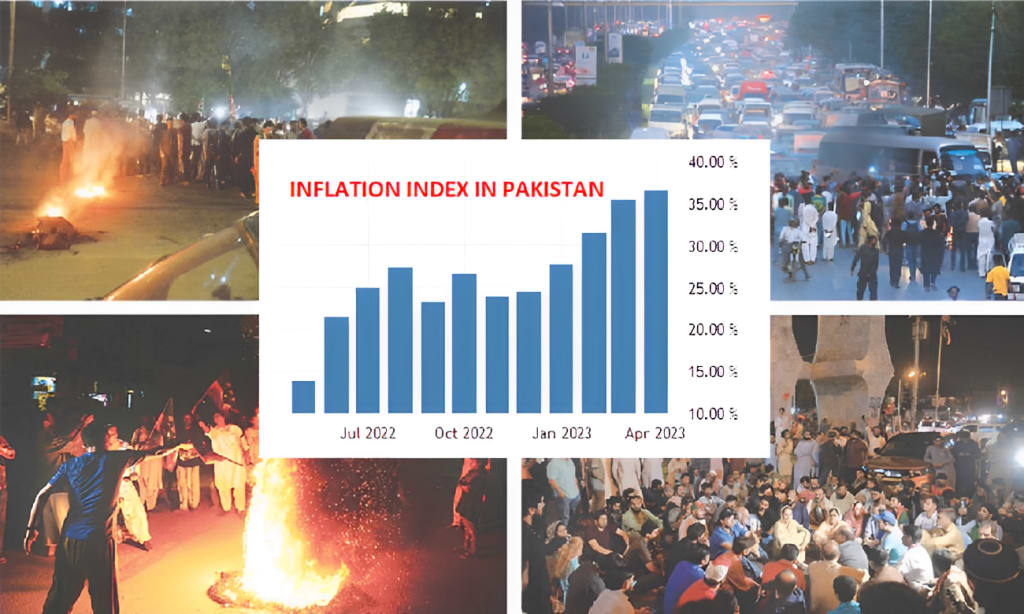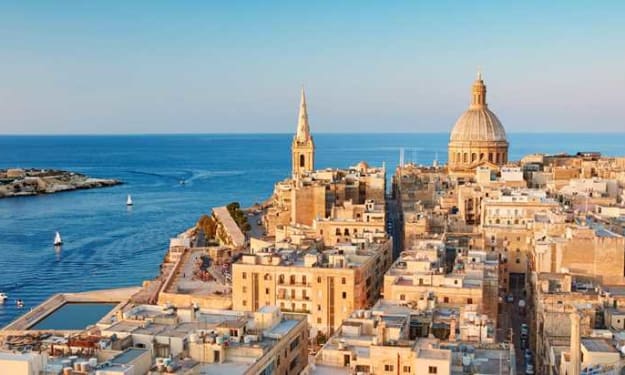Political Tug-of-War in Pakistan
And the Economic Turmoil

Pakistan is a country that has been beset by political turmoil for many years. The political instability and ongoing conflicts between different political parties and factions have had a significant impact on the country's economy. In this essay, we will explore the political war in Pakistan and its effects on the country's economy.
Pakistan has a long history of political instability, characterized by military coups, political assassinations, and violent conflict between different political parties and factions. This instability has been fueled by a range of factors, including the country's difficult geopolitical situation, its history of colonialism and partition, and its complex ethnic and religious divisions.
The ongoing political conflict in Pakistan has had a significant impact on the country's economy. One of the main effects of this conflict has been a decline in foreign investment and trade. Many foreign investors are hesitant to invest in a country that is politically unstable and prone to violence, and this has had a negative impact on the country's economy.
In addition to the decline in foreign investment, the political conflict in Pakistan has also led to a deterioration in the country's infrastructure. Roads, bridges, and other essential infrastructure have been neglected or damaged as a result of the ongoing conflict, making it more difficult for businesses to operate and for goods to be transported throughout the country.
Another significant effect of the political conflict in Pakistan has been a decline in the country's tourism industry. Tourism is an important source of revenue for Pakistan, but the ongoing violence and political instability have made it more difficult for tourists to visit the country. This has had a negative impact on the country's economy, as well as on the livelihoods of those who depend on the tourism industry for their income.
The political conflict in Pakistan has also had an impact on the country's energy sector. Pakistan is heavily dependent on imported oil and gas, and the ongoing conflict has made it more difficult for the country to secure reliable and affordable supplies of these resources. This has led to frequent power outages and other energy shortages, which have had a negative impact on the country's economy and on the quality of life for many of its citizens.
Another effect of the political conflict in Pakistan has been a decline in the country's agricultural sector. Agriculture is a key industry in Pakistan, but the ongoing violence and political instability have made it more difficult for farmers to grow and sell their crops. This has led to food shortages and price increases, which have had a negative impact on the country's economy and on the wellbeing of its citizens.
The political conflict in Pakistan has also had a negative impact on the country's education system. Many schools and universities have been damaged or destroyed as a result of the ongoing violence, and teachers and students have been targeted by militants and other groups. This has made it more difficult for young people in Pakistan to receive a quality education, which has long-term implications for the country's economic development.
In addition to these economic effects, the political conflict in Pakistan has also had a range of social and humanitarian impacts. The ongoing violence has led to the displacement of millions of people, who have been forced to flee their homes and seek refuge elsewhere in the country or in neighboring countries. This has created a humanitarian crisis, with many people lacking access to basic necessities such as food, water, and healthcare.
Overall, the political conflict in Pakistan has had a significant impact on the country's economy, as well as on the wellbeing of its citizens. The decline in foreign investment and trade, the deterioration of infrastructure, the decline in the tourism industry, the energy shortages, and the decline in the agricultural sector are all symptoms of the broader political conflict in the country. While there are no easy solutions to these problems, addressing the underlying political and social issues that have led to the conflict is essential if Pakistan is to build a more prosperous and stable future for the next generations.
About the Creator
Enjoyed the story? Support the Creator.
Subscribe for free to receive all their stories in your feed. You could also pledge your support or give them a one-off tip, letting them know you appreciate their work.





Comments
There are no comments for this story
Be the first to respond and start the conversation.